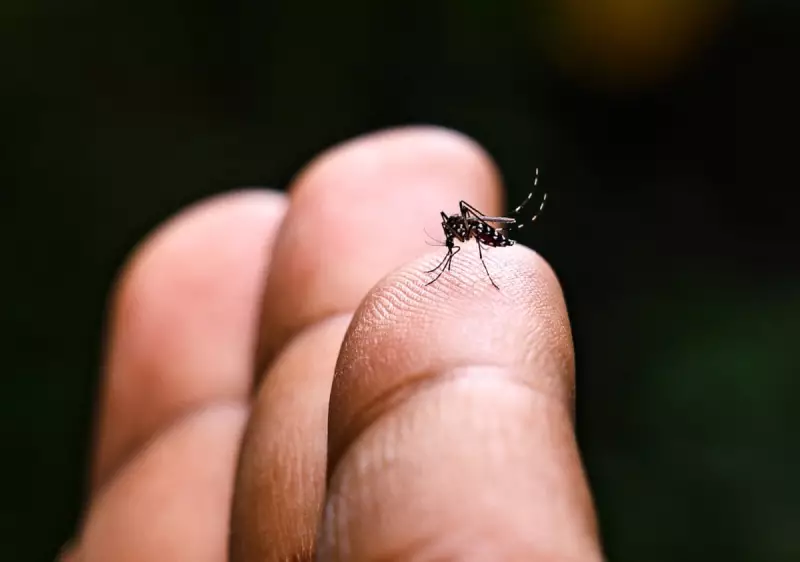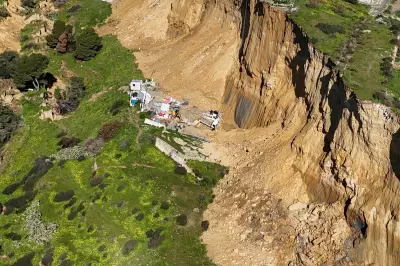
The Pacific Islands of Samoa, Fiji, and Tonga are grappling with alarming outbreaks of dengue fever, as experts warn that the climate crisis is exacerbating the spread of this mosquito-borne disease. Rising temperatures and erratic weather patterns have created ideal breeding conditions for Aedes aegypti mosquitoes, the primary vectors of dengue.
Healthcare Systems Under Pressure
Hospitals and clinics across the region are reporting a surge in cases, with many facilities struggling to cope with the influx of patients. Symptoms of dengue fever include high fever, severe headaches, and joint pain, with severe cases leading to potentially fatal complications such as dengue hemorrhagic fever.
Climate Change as a Catalyst
Scientists have long predicted that global warming would expand the habitats of disease-carrying mosquitoes, and the current outbreaks in the Pacific Islands are a stark confirmation of these warnings. Increased rainfall and higher humidity levels are providing perfect conditions for mosquito larvae to thrive.
Regional Responses and Challenges
Local governments have launched public awareness campaigns urging residents to eliminate standing water and use mosquito repellents. However, limited resources and infrastructure gaps are hindering efforts to contain the outbreaks effectively.
International health organizations are monitoring the situation closely, with fears that the dengue crisis could spread to other vulnerable regions if climate trends continue unchecked.





